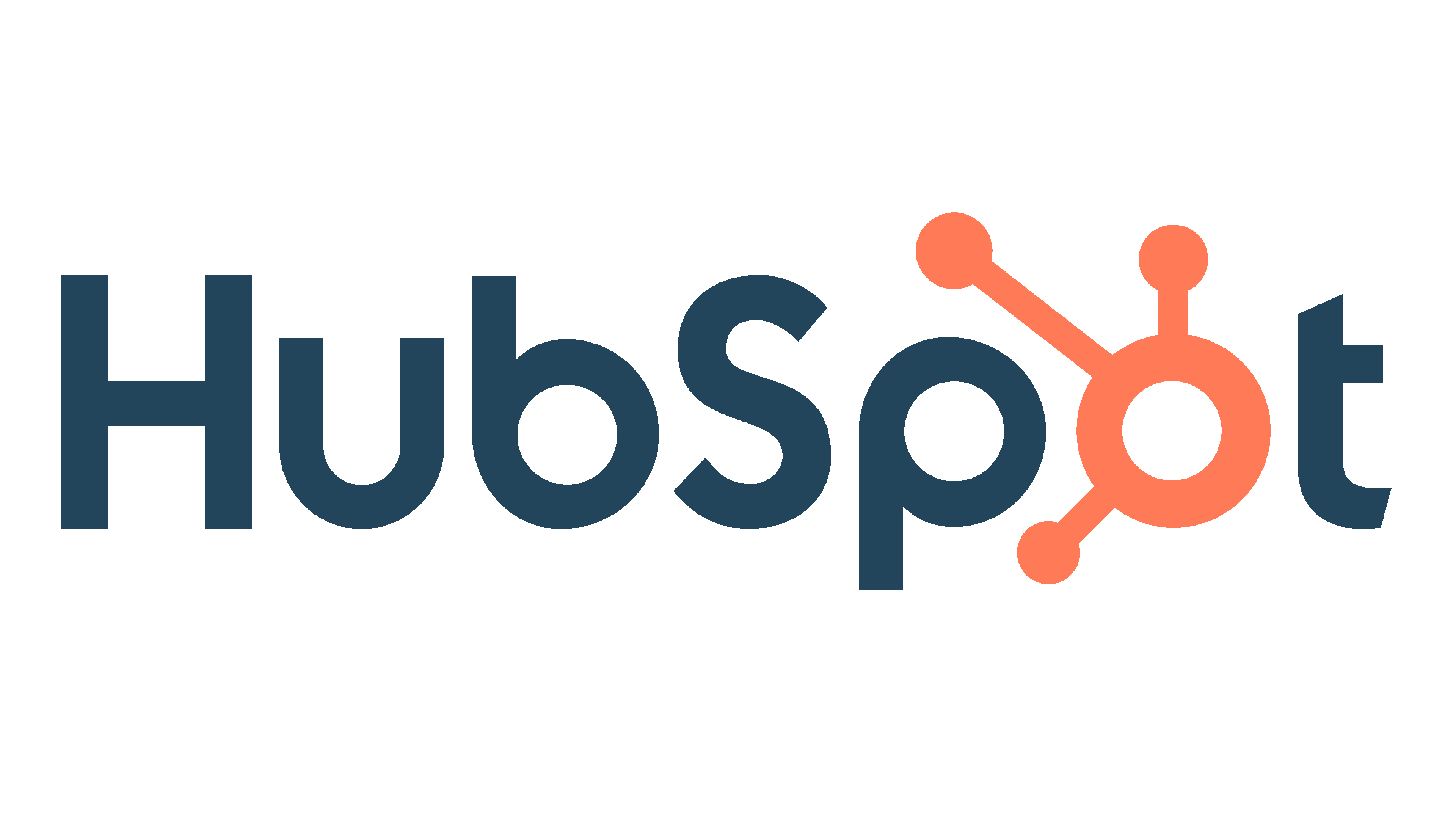Why Campaign Management is Crucial for Your Marketing ROI
Why Campaign Management is Crucial for Your Marketing ROI
Marketing campaigns can be a significant investment for any business. To ensure that you are getting a positive return on your investment (ROI), proper campaign management is crucial. Effective campaign management involves planning, execution, monitoring, and optimization. In this article, we'll explore why campaign management is essential for your marketing ROI.
What is Campaign Management?

Campaign management is a strategic process that involves planning, executing, and monitoring marketing campaigns across various channels and platforms. It encompasses a range of activities, including setting campaign objectives, identifying target audiences, developing creative assets, selecting appropriate channels, allocating budgets, and analyzing campaign performance. The main objective of campaign management is to ensure the effective coordination and optimization of marketing efforts to achieve desired outcomes.
Effective campaign management requires careful planning and organization. It starts with clearly defining campaign goals and objectives, such as increasing brand awareness, driving website traffic, generating leads, or boosting sales. Target audience segmentation is another crucial aspect of campaign management. By understanding the demographics, interests, and behaviors of the target audience, marketers can tailor their campaigns to resonate with specific customer segments.
Campaign management involves developing compelling creative assets that align with the campaign's objectives and target audience. This includes designing visually appealing graphics, crafting persuasive copy, and creating engaging videos or interactive content. The choice of channels also plays a vital role in campaign management. Marketers need to determine the most suitable platforms to reach their target audience effectively, whether it's social media, email marketing, search engine advertising, or traditional media channels.
How Does Campaign Management Affect Marketing ROI?
Campaign management has a direct impact on marketing return on investment (ROI). It ensures that marketing resources, including time, money, and effort, are allocated efficiently to achieve the desired outcomes. By carefully monitoring and analyzing campaign performance, marketers can identify what's working and what's not, allowing them to make data-driven decisions and optimize their campaigns for better results.
Effective campaign management enables marketers to track key performance indicators (KPIs) and metrics to measure the success of their campaigns. These can include metrics like conversion rates, click-through rates, cost per acquisition, return on ad spend, and customer lifetime value. By monitoring these metrics, marketers can gain valuable insights into the effectiveness of their campaigns and make necessary adjustments to improve ROI.
Campaign management also allows marketers to identify underperforming campaigns or channels and reallocate resources to more successful ones. By focusing on high-performing campaigns and eliminating or optimizing low-performing ones, marketers can optimize their marketing budget and maximize ROI.
What Key Components of Successful Campaign Management Exist?

Successful campaign management requires a strategic approach and careful execution to achieve desired outcomes. There are several key components that contribute to the success of a campaign. These components work in harmony to maximize reach, engagement, and conversions. Understanding and effectively implementing these components can significantly impact the effectiveness of your campaign.
One of the key components of successful campaign management is setting clear and measurable objectives. Clearly defining your campaign goals allows you to align your strategies and tactics accordingly. Whether your objective is to increase brand awareness, drive website traffic, or boost sales, having well-defined goals provides a roadmap for planning and executing your campaign.
Another crucial component is audience targeting and segmentation. Understanding your target audience and tailoring your campaign messages to their needs, preferences, and demographics is vital for relevance and effectiveness. Conducting thorough market research and utilizing audience segmentation techniques allow you to create personalized and targeted campaigns that resonate with your audience, leading to higher engagement and conversions.
Effective campaign management also requires careful selection and utilization of appropriate marketing channels and mediums. Each campaign may require a unique mix of digital channels such as social media, search engine marketing, email marketing, content marketing, or traditional channels like print, radio, or television. Identifying the channels that best reach and engage your target audience ensures that your campaign messages are delivered to the right people, at the right time, and through the right channels.
How to Set Campaign Management Goals and Measure ROI
Setting campaign management goals and measuring return on investment (ROI) is essential for evaluating the success and effectiveness of your campaigns. Both actions allow you to determine if your efforts are generating the desired outcomes and provide insights for future improvements. Here's a step-by-step approach to setting campaign goals and measuring ROI:
Start by clearly defining your campaign objectives. What specific results do you want to achieve? Whether it's increasing website traffic, generating leads, or driving sales, your goals should be specific, measurable, attainable, relevant, and time-bound (SMART). Clearly defined goals provide focus and serve as benchmarks for evaluating campaign performance.
Next, establish key performance indicators (KPIs) that align with your goals. KPIs are measurable metrics that indicate the progress and success of your campaign. Examples of KPIs include click-through rates, conversion rates, cost per acquisition, or social media engagement. Select KPIs that directly relate to your goals and can be tracked and analyzed effectively.
To measure ROI, track and analyze the performance of your campaign throughout its lifecycle. Monitor relevant metrics, such as sales revenue generated, leads acquired, or website conversions. Compare these metrics against the costs incurred for the campaign, including advertising expenses, production costs, and labor. Calculating the ROI involves subtracting the campaign costs from the generated revenue and expressing the result as a percentage or ratio.
Most Common Campaign Management Challenges

Campaign management involves planning, executing, and tracking marketing campaigns to achieve specific objectives. While it is an essential aspect of any marketing strategy, it also presents several challenges that businesses must navigate. Here are some common campaign management challenges:
One common challenge is aligning campaign goals with overall business objectives. It is crucial to ensure that each campaign supports the broader marketing strategy and contributes to the organization's goals. Without clear alignment, campaigns can become disjointed, leading to inefficiencies and missed opportunities for driving desired outcomes.
Another challenge is managing resources effectively. Campaigns often require coordination across multiple teams, such as creative, content, and digital marketing. Ensuring seamless collaboration, setting clear responsibilities, and optimizing resource allocation can be complex. Without proper resource management, campaigns may suffer from delays, quality issues, or budget overruns.
Measurement and attribution pose additional challenges. Tracking and evaluating the success of campaigns and attributing results to specific marketing efforts can be challenging. Determining which metrics to track, selecting appropriate tools for measurement, and accurately attributing conversions or sales to campaign activities require a robust analytics infrastructure and data-driven approach.
What Tools and Technologies Are Available for Campaign Management?

Effective campaign management relies on utilizing appropriate tools and technologies to streamline processes, enhance collaboration, and maximize results. Several tools and technologies are available to support campaign management efforts.
Project management tools like Trello, Asana, or Monday.com can help teams plan, organize, and track campaign activities. These tools provide a centralized platform for assigning tasks, setting deadlines, monitoring progress, facilitating effective project management, and improving team collaboration.
Marketing automation platforms such as HubSpot, Marketo, or Pardot offer comprehensive features for campaign management. These platforms enable businesses to automate repetitive tasks, segment audiences, and personalize marketing communications. By leveraging automation, businesses can streamline campaign execution, deliver targeted messaging, and optimize customer journeys.
Analytics tools play a crucial role in campaign management by providing insights into performance, customer behavior, and ROI. Tools like Google Analytics, Adobe Analytics, or Mixpanel allow businesses to track key metrics, monitor campaign effectiveness, and make data-driven decisions. By analyzing data, businesses can identify areas for improvement, optimize campaigns in real time, and maximize their marketing investments.
What Are the Benefits of Outsourcing Campaign Management?

Outsourcing campaign management can provide numerous benefits for businesses looking to streamline their marketing efforts and maximize their return on investment (ROI). By entrusting campaign management to external experts, businesses can leverage specialized skills, access industry knowledge, and free up internal resources to focus on core competencies. Let's explore some of the key benefits of outsourcing campaign management.
Access to Expertise: Campaign management agencies bring a wealth of expertise and experience to the table. They are well-versed in developing effective marketing strategies, executing campaigns across various channels, and analyzing campaign performance. By partnering with an agency, businesses can tap into this expertise and gain insights and guidance from professionals who understand the intricacies of successful marketing campaigns.
Cost-Effectiveness: Outsourcing campaign management can be a cost-effective solution for businesses. Instead of hiring and training an in-house team, which incurs additional expenses, businesses can leverage the resources of a campaign management agency at a fraction of the cost. Campaign management agencies often have established relationships with vendors, allowing them to negotiate better rates for advertising placements, resulting in cost savings for the business.
Flexibility and Scalability: Campaign management needs can fluctuate based on business objectives and market conditions. Outsourcing provides the flexibility to scale up or down quickly as needed. Whether it's launching a new product, running a seasonal promotion, or entering new markets, campaign management agencies can adapt their strategies and allocate resources accordingly, ensuring optimal campaign performance and results.
How to Build an Effective Campaign Management Team?
Building an effective campaign management team is crucial for executing successful marketing campaigns. A well-structured and cohesive team can drive creativity, collaboration, and efficient campaign execution. Here are some key steps to consider when building a campaign management team.
Define Roles and Responsibilities: Start by clearly defining the roles and responsibilities within the campaign management team. Assign team members with specific areas of expertise such as strategy development, content creation, analytics, and project management. This ensures that each team member understands their responsibilities and can contribute effectively to campaign success.
Collaborative Environment: Foster a collaborative environment where team members can openly communicate, share ideas, and work together towards shared goals. Encourage cross-functional collaboration, allowing team members from different disciplines to bring their unique perspectives and skills to the table. This collaborative approach enhances creativity, problem-solving, and campaign effectiveness.
Continuous Learning and Development: The digital marketing landscape is constantly evolving, and it's crucial for the campaign management team to stay updated with the latest trends, technologies, and best practices. Encourage continuous learning and professional development by providing access to training programs, industry events, and resources. This ensures that the team remains at the forefront of industry advancements and can implement innovative strategies in their campaigns.
Conclusion
Campaign management plays a vital role in marketing by coordinating and optimizing efforts to achieve desired outcomes. It involves setting clear objectives, targeting the right audience, utilizing appropriate channels, and measuring performance. Effective campaign management can positively impact marketing ROI by allocating resources efficiently, tracking key metrics, and making data-driven decisions. However, it comes with challenges such as aligning goals, managing resources, and measuring attribution. By leveraging tools and technologies, businesses can streamline campaign management processes and enhance collaboration.



